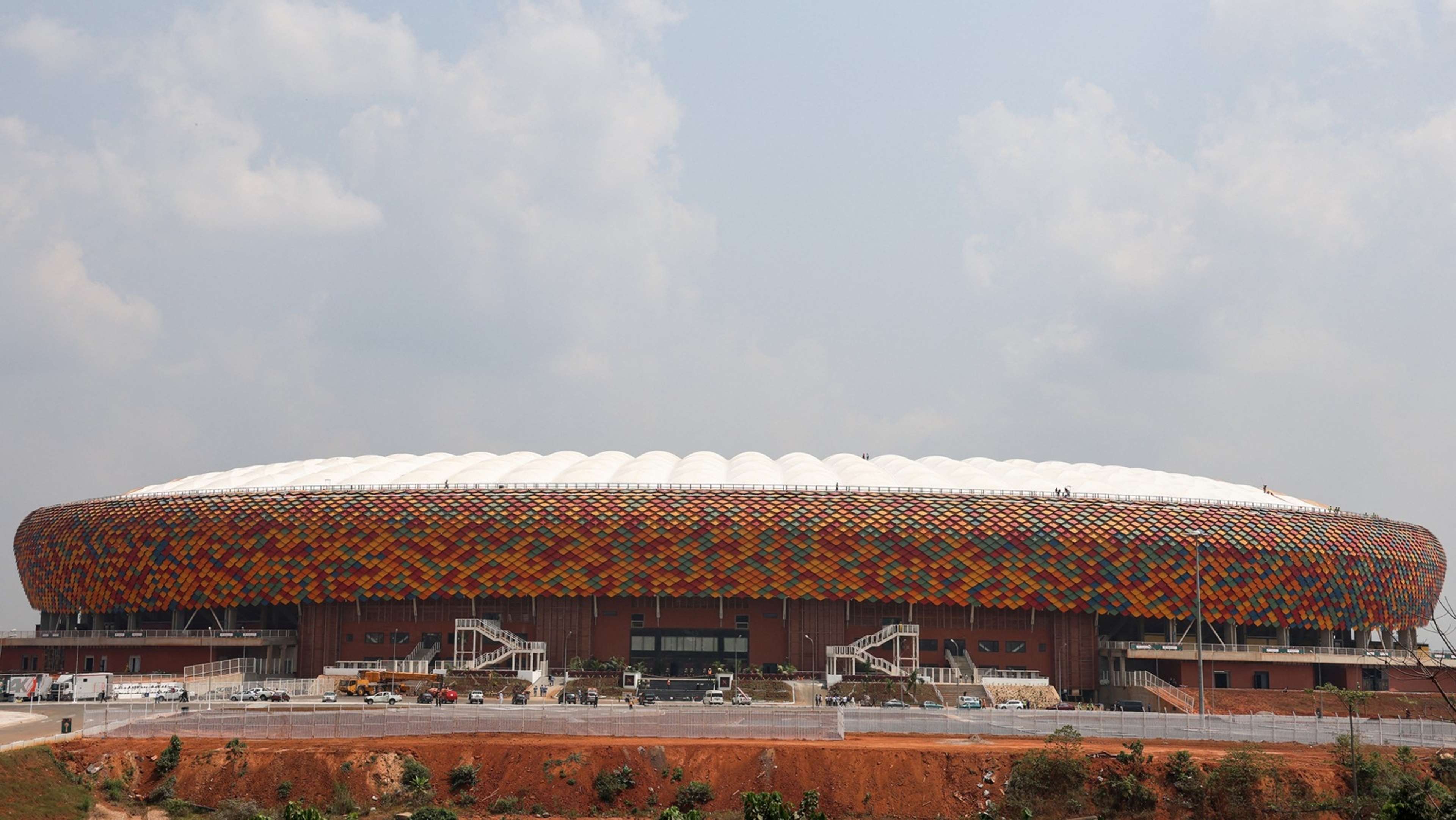The Confederation of African Football have rejected suggestions that the Africa Cup of Nations should be cancelled or postponed in light of Monday’s deadly stadium stampede at the Stade d’Olembe which cost eight lives in the capital of Yaounde, and have insisted that the tournament can be a force for healing in Cameroon.
A further 38 people were taken to hospital with injuries — seven in a critical state — during the Round of 16 meeting between the hosts and Comoros when a barrier collapsed and supporters were trampled by fans behind them attempting to enter the stadium.
In light of the tragedy, Caf President Dr Patrice Motsepe has given some clarity on the circumstances surrounding the disaster, and outlined his belief that football can still have a positive impact in the Central African country.
“The issue was whether we should postpone [Tuesday’s] matches, and it’s an important question,” he told journalists. “From my side, I cannot just consult, but also listen to the guidance of various stakeholders.
“The conclusion was that we should observe a moment of silence, and with regards to [Tuesday’s] matches, it was an issue to discuss and consider.
“However, it’s incredible how, even among those who are injured, two said to me that they can’t wait to get out of hospital and go to the stadium.
"I’ve seen the passion, the absolute passion of the people of Cameroon and their love for football; it brings people together, and the passion for football in this country is entrenched and deep-rooted.”
Motsepe explained how his own experiences of watching sport in a fractured South Africa — and South Africa’s 1995 rugby World Cup final victory — fuelled his conviction that continuing with the tournament would be the best for all parties.
“I come from a country separated on race, where blacks could not play football with whites, and we always knew the power of sport, of football,” he continued. “I was in the stadium with my wife when [Nelson] Mandela was wearing the rugby captain’s jersey, and it had been the root of deep, deep division.
“We’re all dealing with the pain we feel, but we have to deal with our obligations, and we have to be aware of the role football plays in bringing together people from all backgrounds across the continent.”
While Motsepe revealed that Caf would hold a meeting with the Cameroonian Organising Committee on Wednesday to get more clarity on the circumstances surrounding the stadium disaster, he believed that a closed gate—reported as being the East Entrance of the arena—led to the loss of life.
“There was a gate that was closed that was meant to be open, and if it had been open, people would have walked through,” he continued. “For inexplicable reasons, it was closed.
“If it had been open, as it was supposed to, we wouldn’t have had the problem we have now—this loss of life.
“As part of this hearing, we want to know who closed it and who is responsible, because we mustn’t compromise in our insistence to have appropriate measures which are the best in the world.
“There may be unforeseen circumstances when a gate that is supposed to be open is closed, but we and our partners, we have a huge commitment to ensure that appropriate measures are put in place so that this doesn’t happen again.”
Motsepe also confirmed that Sunday’s fixture which was scheduled for Olembe — between the winners of Egypt-Ivory Coast and the winners of Morocco-Malawi — would now be moved to Olembe.
They also revealed that the 30 January meeting between the winners of Senegal-Cape Verde and the winners of Mali-Equatorial Guinea would be moved to Limbe from Douala.

